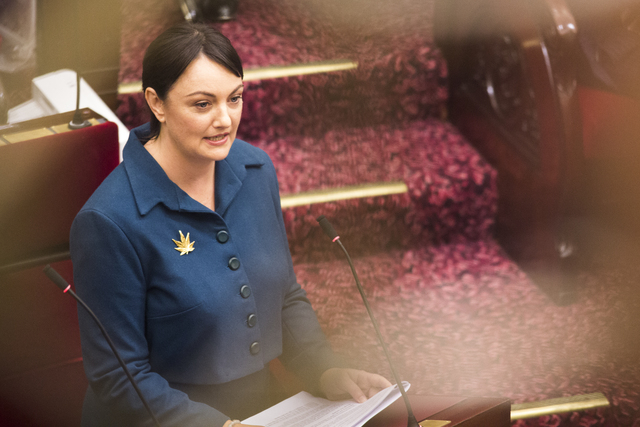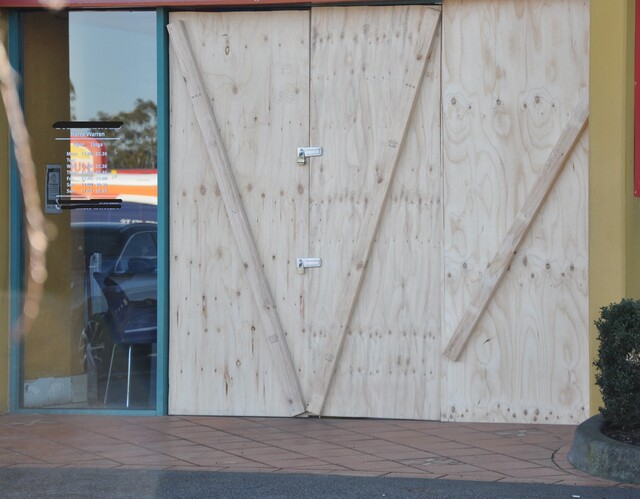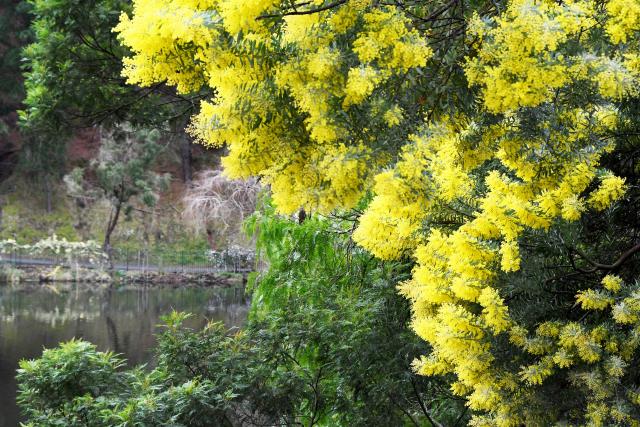A Narre Warren South man has avoided prison time for his involvement in a sophisticated cannabis-growing set-up.
Mick Hughes appeared in the County Court on Thursday 9 September where he was sentenced to a two-year community corrections order and 75 days in prison – determined to have been served in pre-sentence detention.
Hughes pleaded guilty to a single charge of cultivation of cannabis.
The drugs were grown on Hughes’ Icy Creek property, which was being rented out to co-offender Daniel Haddad.
The court heard Hughes’ involvement was limited to the purchase of a diesel generator, which he gave to Haddad, knowing it would be used for cultivation of the plants.
But Judge Pardeep Tiwana noted that Hughes was unaware of the scale of the operation, despite being set to benefit financially from the sale of the cannabis.
The suspicions of police were first aroused several years ago.
They conducted surveillance on the Mt Baw Baw Tourist Road property between 6 August 2018 and 30 August 2018, during which time Haddad was spotted walking across the property to a shed.
Within 10 minutes of him entering the shed, police observed the ground around it heating up – an indication of a “significant” heat source, Judge Tiwana said.
On 30 August 2018, police executed a search warrant on the property.
They uncovered an underground set-up consisting of multiple rooms filled with sophisticated hydroponic systems growing cannabis plants.
They also located the generator Hughes had purchased.
A total of 456 cannabis plants weighing 399.44 kilograms was seized, along with 53.6 kilos of dried cannabis with an estimated street value of over $1.6 million, the court heard.
Hughes was arrested that day on his Narre Warren South property.
Haddad pleaded guilty to cultivating a commercial quantity of cannabis and other summary offences and was sentenced on 14 August 2019 to four years and six months in prison.
Judge Tiwana told Hughes that his offence was “less serious” that that of Haddad.
“It is accepted by the prosecution that you played a limited role,” the judge noted, adding that while there was “no dispute” that Hughes was aware of Haddad’s growing habits, he was not aware a commercial quantity was being harvested.
The court heard Hughes had a number of relevant priors, including a 2012 suspended sentence relating to cultivation of cannabis, and a 15-month community corrections order handed down in 2015 for cultivation and possession of the drug.
The court was told that Hughes had developed depression in relation to the proceedings and his mental health was likely to decline in custody.
Judge Tiwana said while Hughes had led an “unblemished life” over the past three years, he was unable to accept Hughes was genuinely remorseful for his offending, and was guarded about his prospects for rehabilitation.
The delay in sentencing, in part due to the pandemic, was considered a mitigating factor.
As part of his sentence, Hughes must perform 300 hours of unpaid community work.
A disposal order was granted for the cannabis.







